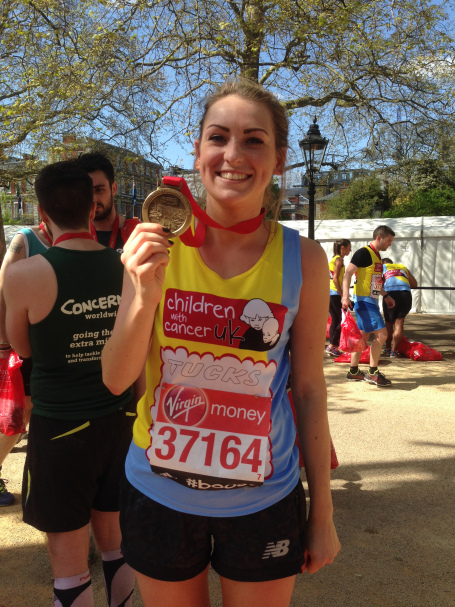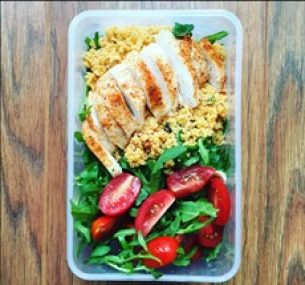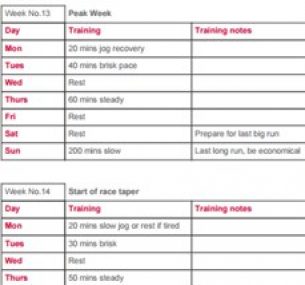What I know now
I had planned to run again in 2015 but unfortunately picked up a stress fracture in my tibia only 4 weeks out from the race. My dreams were shattered, but I’m fighting fit and ready to take on the challenge once again in 2017.
As a first timer in 2014, I can completely relate to the fact that this challenge may be very daunting. There’s so much I learnt and gained so much knowledge from the process. I wish I knew a lot of things back then that I know now, but hopefully I can share these with you in this blog to make your experience the best one possible.
1) Have a plan in place
It’s very important to have a plan in place leading up to the Marathon. Running a few times a week without structure won’t benefit you on the day.
Ensure your plan includes run 3 – 5 times a week with one long run. The plan needs to be progressive and gradually build up the weekly mileage to prevent injury and allow time for your body to progress. Take rest to recover and repair muscles. Hydrate, eat well, stretch out and sleep.
Having a plan will help you to focus and keep you on track.
2) You are a runner
Once you begin training you will soon realise that you are a runner and begin believing in this too. You are no longer the novice you once were. Take that new found title and ‘run’ with it. (No pun intended).
3) Self-belief
Once you realise you are a runner, you will then begin to believe in yourself. Your mind can play a funny game at times throughout your training process. As they say, mindset over matter, and this really couldn’t be any more true. Once you begin to believe, your runs will improve, you will enjoy it more and your overall performance will excel.
4) Self-doubt
As well as self-belief, you will often experience a lot of self-doubt. You will experience negative thoughts which can often be detrimental such as;
‘I can’t do this’
’26 miles is too far’
‘I’m not fit enough’
But again, positive thoughts only bring about positive energy. Remind yourself you can do this and you will.
If you get any of these thoughts, take a piece of paper and write down; I can run a marathon. Having it in front of you will help you believe that you can.
5) Fuel your body
Eating good food and at the right times is crucial to get the most of your sessions. Runners are often advised to eat a lot of carbohydrates to fuel our runs. If you’re not well fuelled your performance will suffer. Balance the carbs with good sources of protein, such as chicken, eggs and lean beef, to help repair and grow your muscles. If I’m short for time, a banana is a great energy boost before a run.







